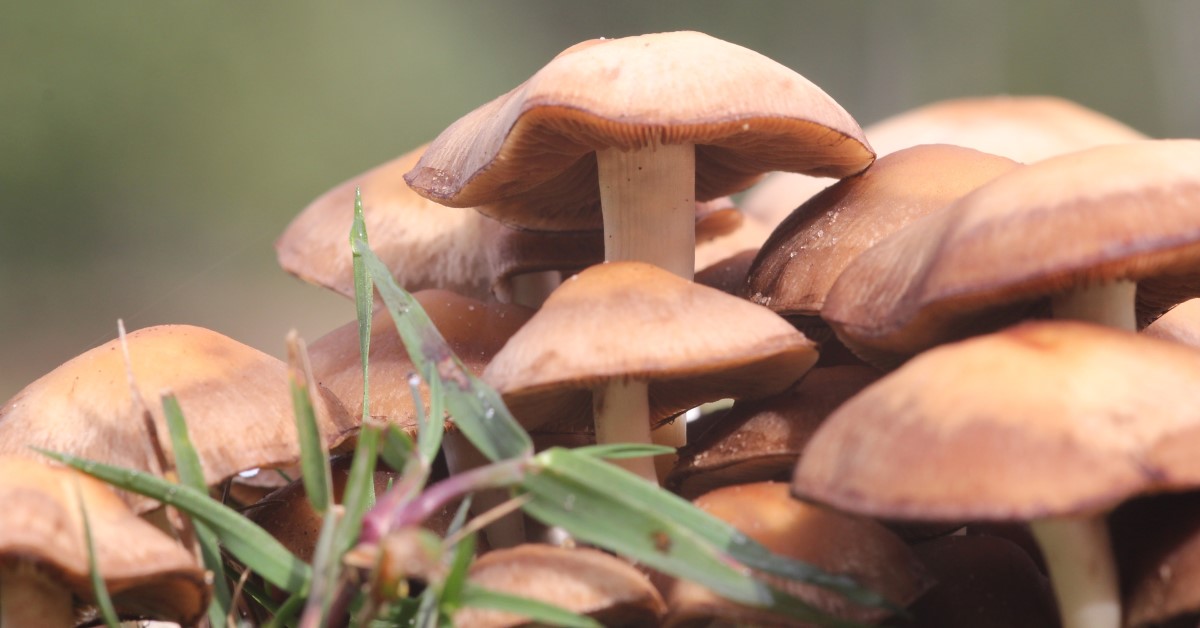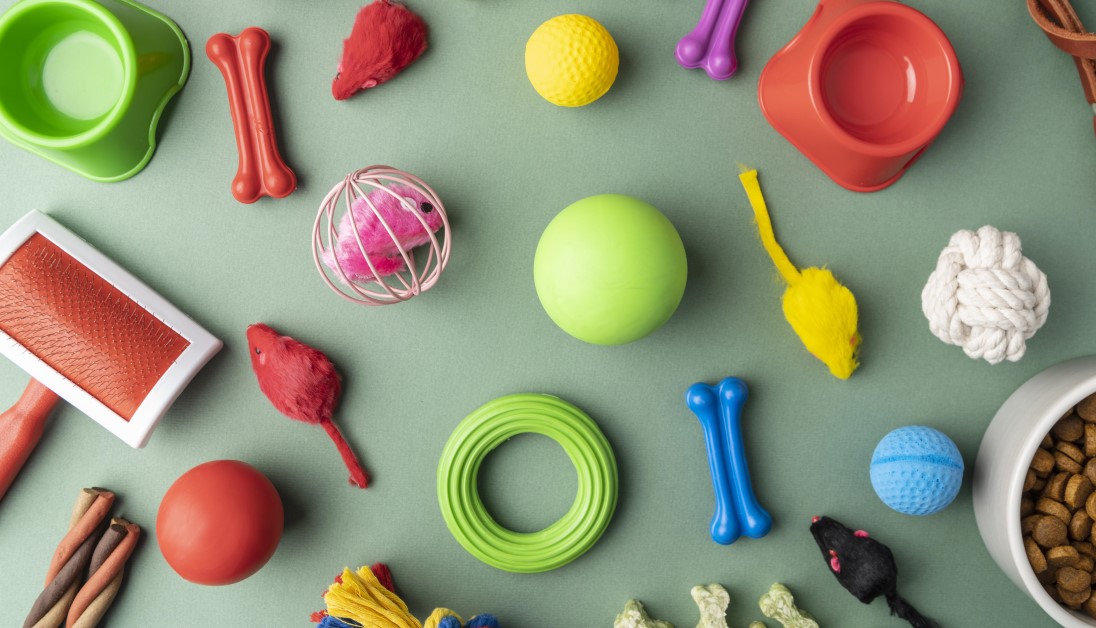How to Prevent Accidental Pet Poisoning
Pet poisons can be found in nearly all homes, but you can protect your pet from poison-related emergencies.

It can be scary to discover that your pet may have ingested something poisonous. According to Fetch by WebMD, there’s an estimated 401,500 cases of pet poisoning each year in the U.S. While not all poisonings are lethal, they can cause your pet to become seriously ill.
The good news? You can prevent accidental pet poisoning by becoming familiar with potential hazards and taking the necessary steps to keep your pet safe. Let’s look at some essential tips for pet poison prevention.
Limit Human Foods
While your pet can enjoy the occasional piece of cooked chicken or an apple slice, it’s important to use caution. Some human foods are toxic to pets. Before giving your cat or dog leftovers, ensure that it’s safe.
Some common human foods to never feed your pet include:
- Cherries: The pits, leaves, and stems contain cyanide which kills tissues. While the fleshy part of a cherry isn’t toxic, it can be a choking hazard.
- Avocados: Avocados contain a toxin known as persin which can cause diarrhea and vomiting in dogs, and in large amounts, can be lethal.
- Mushrooms: While not all mushrooms are poisonous to dogs, it can be hard to distinguish between good and bad fungi. To be safe, it’s best not to feed your pet any kind of ‘shrooms.
- Tomatoes: The green part of the plant contains solanine which can be toxic to dogs.
- Grapes: Fresh grapes, and grapes in their dried form (raisins), are highly poisonous to pets and can cause kidney failure.
- Garlic: Ingestion of garlic can damage red blood cells in cats and dogs, causing them to rupture.
- Onions: Onions contain a compound that can damage red blood cells in cats an dogs, resulting in anemia.
- Chocolate: Due to its high theobromine content, dogs are unable to metabolize chocolate and should never consume it.
Be Wary of Toxic Houseplants
Many people keep houseplants in their homes but not all are harmless. Many common houseplants are actually toxic to pets. Even consumption of non-toxic plants can cause gastrointestinal upset in cats and dogs.
If you have pets, avoid bringing the following plants into your home:
- Aloe vera
- English ivy
- Bird of paradise
- Calla lily
- Amaryllis
- Chinese evergreen
- Kalanchoe
- Mistletoe
- Poinsettias
- Amanita mushrooms
- Peace lily
Properly Store Medications
Both human and pet medications can put your pet at risk if consumed. Never leave medications on countertops or other places where your pet could get ahold of them, even if you think they’re secured in bottles. This includes any type of supplement, as your pet may be tempted to eat the whole container.
Keep Cleaning Supplies in a Secured Place
Most people have cleaning supplies in their homes. While most cats and dogs are not attracted to cleaning solutions, it’s best to keep them in a secured cabinet or out of reach of your pet.
Here’s a look at some toxic ingredients found in common cleaning supplies:
- Ammonia
- Bleach
- Phenol
- Formaldehyde
- Isopropyl alcohol
Don’t Overlook Outside Dangers
There may be pet poisons in your own backyard. If you garden or perform landscaping, keep products like fertilizers and insecticides away from your pet. In the winter, ice melt is a concern. Your cat or dog may walk on ice melt, and if you forget to clean their paws when they come indoors, they may lick the chemicals off their feet.
Consider other potential outdoor hazards. For example, your car could leak chemicals that pool in your driveway. If your pet licked up these chemicals, it could make them seriously ill. Hose down the driveway if this is a concern. Also, keep vehicle essentials like antifreeze, oil, and gasoline in closed cabinets or on high shelves in the garage.
Pet-Proof Your Home
As a responsible pet owner, you’ll want to take the necessary steps to pet-proof your home. This is especially important if you have a puppy. Puppies tend to eat everything in their path and may encounter both poison and choking hazards along the way.
Consider the following tips for pet-proofing your house:
- Keep doors closed if there are potential dangers in certain rooms.
- Install sturdy baby gates to prevent pets from entering certain areas.
- Store food, medications, and chemicals in safe, inaccessible places.
- Supervise your pet when outdoors.
- Use a trash can with a tight-fitting or locking lid.
- Put child-proof latches on cabinets.
Recognize the Signs of Pet Poisoning
While some dogs and cats exhibit signs of poisoning directly after ingestion or exposure, the effects could also be delayed. If you’re not sure if your pet has ingested poison, be on the lookout for signs of pet toxicity.
Common signs of pet poisoning include:
- Lethargy
- Vomiting
- Loss of appetite
- Diarrhea or blood in the stool
- Unsteadiness when walking or standing
- Blood in the urine or nose bleeds
- Tremors or seizures
What to Do If Poisoning Is Suspected
If you believe that your pet’s been poisoned, it’s important to act fast. Immediately contact your veterinarian for guidance. If you can’t get ahold of your vet, call the ASPCA Animal Poison Control Center at 888-426-4435. This is a toll-free number and connects you to a team of licensed technicians and veterinarians available round-the-clock.
Unless instructed by a professional, don’t try to induce vomiting. Instead, continue to closely observe your pet’s behavior. Collect any food products, medication bottles, stool samples, or vomit that may be connected to the poisoning. These items may be tested to determine the appropriate treatment. If possible, take your pet to the nearest vet or emergency animal clinic.
Ready to start saving money on pet wellness care?
Then take a look at Mint Wellness, the pet wellness plan that provides fast reimbursement on routine pet care. Save on vaccinations, wellness exams, preventatives, dental, and more!
Learn More


